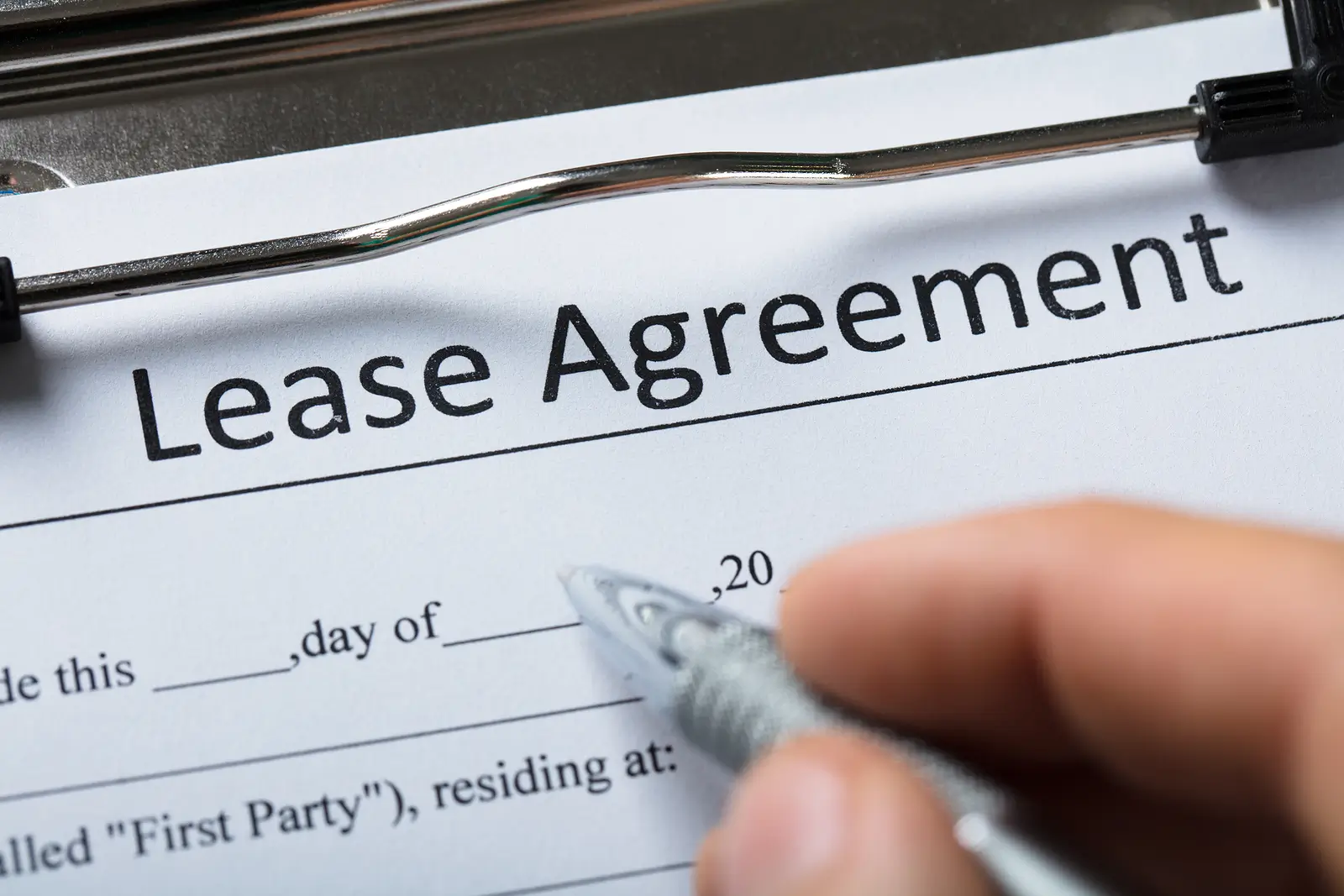A detailed lease agreement is essential for protecting both landlords and tenants in any rental property agreement. A clear lease document outlines the terms and conditions of the rental, helping to avoid disputes and misunderstandings. Whether you're a new property owner or an experienced landlord, understanding how to draft a comprehensive lease agreement is key to managing lease agreements effectively.
The Importance of a Lease Agreement
A lease agreement is a legally binding document that establishes your rights and responsibilities as a landlord and your tenant. It serves as the foundation for a smooth landlord-tenant relationship, ensuring both parties understand their obligations and expectations.
A detailed rental lease agreement provides clarity on essential aspects such as the lease term, monthly rent amount, security deposit, maintenance and repair requests, and tenant responsibilities. Clearly defining these terms helps prevent misunderstandings and minimizes the risk of disputes.
Without a solid lease agreement, you may face difficulties enforcing rental terms, collecting rent on time, or handling tenant conflicts. Furthermore, a vague or incomplete residential lease could lead to legal challenges, especially if it does not align with local landlord-tenant laws. Creating a comprehensive written agreement protects your rental business and ensures compliance with state and local regulations.
Essential Components of a Lease Agreement
Ensure that your lease agreement is legally binding and comprehensive.
It should include the following elements:
Lease Term and Duration
Specify whether the lease for the residential property is a fixed-term lease or a month-to-month rental agreement. A fixed-term lease typically lasts for six months or a year, while a month-to-month arrangement allows greater flexibility for both parties. Clearly defining the lease term helps avoid confusion about when the lease ends and whether renewal is possible.
Monthly Rent Amount and Payment Terms
Outline the agreed-upon monthly rent amount, the due date, and the acceptable payment methods. Including a clause about late fees and penalties for missed payments ensures tenants understand the consequences of failing to pay rent on time.
Security Deposit Terms
State the required security deposit amount, how it will be used, and the conditions under which deductions may occur. You may opt to require a tenant's security deposit to cover potential damages, unpaid rent, or lease violations. Compliance with local landlord-tenant laws regarding the return of the security deposit is also crucial to avoiding legal disputes.
Tenant Responsibilities and Landlord Obligations
Define the tenant obligations, such as maintaining the rental unit, paying rent on time, and following community guidelines. You should also clarify their responsibilities, including property maintenance, timely repairs, and upholding safety standards.
Rules on Subletting and Prior Written Consent
If you wish to restrict subletting, include a clause in the lease agreement that requires your prior written consent. This ensures that you maintain control over who is living in your rental unit and helps prevent unauthorized tenants from occupying the leased property without your knowledge.
Allowing subletting without restrictions can lead to potential issues, such as unauthorized prospective tenants, difficulty enforcing lease terms, or increased wear and tear on the property. By setting clear guidelines in your residential lease, you can protect your interests while maintaining a stable landlord-tenant relationship.
Lease Termination Date and Renewal Policies
Include a clear lease termination date and conditions for renewal or termination. If a tenant wishes to end the lease early, specify the required notice period and any associated fees. Having a standard lease agreement template makes this process easier if you're managing multiple properties.
Legal Considerations for Lease Agreements
Compliance with Local Landlord-Tenant Laws
Different states and municipalities have specific local landlord-tenant laws that govern rental agreements. These laws may regulate security deposit limits, eviction procedures, and tenant rights. Familiarizing yourself with these regulations ensures your lease agreement remains legally enforceable.
Including a Clause on Attorney Fees
A detailed rental lease agreement should specify who is responsible for attorney fees in the event of a legal dispute. This clause can help avoid confusion and unnecessary legal costs.
Handling Lease Violations
Clearly define the actions that constitute a breach of lease and the consequences for violations. Whether it’s non-payment of rent, property damage, or unauthorized subletting, having these terms in writing can help you enforce the lease effectively.
Utilizing Lease Agreement Templates and Online Resources
If you're new to leasing, using a lease agreement template can simplify the leasing process. Many online resources provide customizable templates that comply with state and local regulations. You can also consider drafting your lease agreement online with legal professionals to ensure it meets all necessary legal standards.
Benefits of Working with a Property Management Company
Managing lease agreements, collecting rent, and handling maintenance issues can be difficult, especially if you're a DIY landlord. Hiring a property management company can ease the burden by ensuring that lease agreements are properly structured, tenants comply with lease terms, and rental income is maximized.
Streamlining the Leasing Process
A professional property manager can oversee the leasing process from tenant screening, lease preparation, and rent collection. This allows you to focus on growing your rental business while ensuring compliance with all legal requirements.
Ensuring Consistent Monthly Rent Payments
A property management company helps you enforce lease terms and ensure tenants make their monthly rent payments on time. They also handle rent increases that follow state regulations and lease terms.
Let RTP Properties NC Handle Your Property
Creating a solid lease agreement is important for successfully managing rental property. By clearly defining the lease term, monthly rent amount, security deposit conditions, and tenant responsibilities, you can minimize conflicts and maintain a strong landlord-tenant relationship. Staying updated about local landlord-tenant laws and working with a property management company can further simplify the leasing process.
If you need assistance drafting a lease agreement or managing your rental property, RTP Properties NC is here to help. Contact us today to learn more about our expert property management services and how we can help you create a lease agreement that protects your investment and ensures a smooth rental experience.



